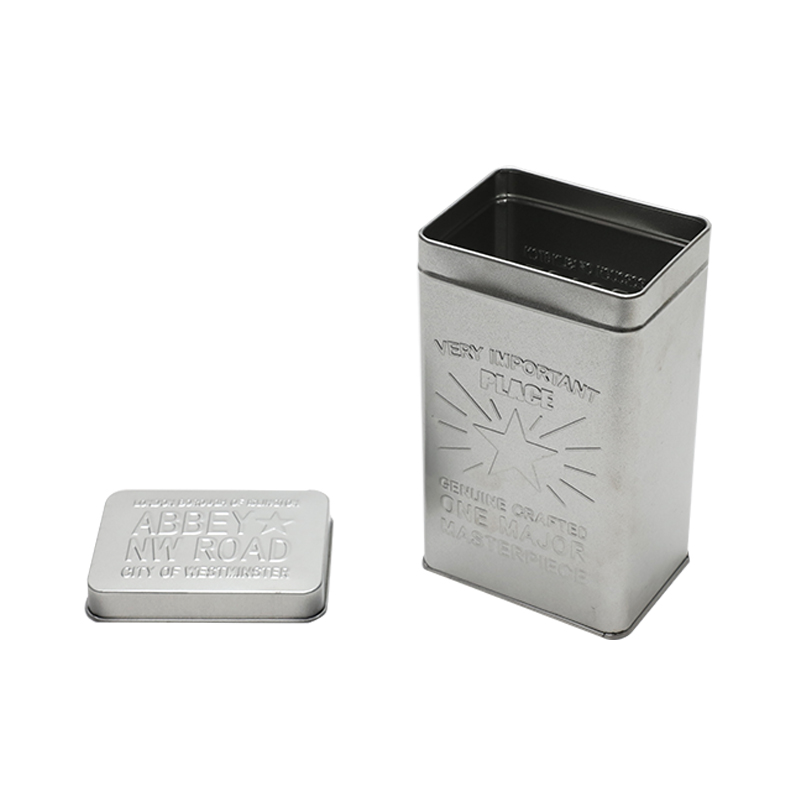

Nowadays, people are paying more and more attention to […]
Nowadays, people are paying more and more attention to the way of health preservation. Many people will reserve a can of tea at home (China's top ten famous teas, health scented teas, precious medicinal materials, etc.) which can be used for making tea and for emergency needs . However, many people often think that tea and medicinal materials do not have a good container to store them better. Today, I will recommend a pure tin tea can for everyone, because it can be said that it is recognized as the best for storing tea. The tea canister.
So why do you say that?
Let’s talk about the general storage and packaging of tea. The most common tea cans on the market today are made of tinplate and glass. First of all, let’s talk about glass, because the quality of the tea must not be placed in a place that is too cold or hot, otherwise it will destroy its nutrients and make it useless to drink, so it can only be stored outside the refrigerator. It is preserved, but the glass is transparent, and it is easy to be exposed to sunlight and heat up and will destroy the reflection component inside, but if it is placed in a dark and humid place, it is easy to breed insects, so it is not good.

Let’s talk about the tea cans made of tinplate. We can understand the tinplate. Tinplate, also known as tinplate, is the common name for electro-tinned steel sheet. It refers to cold-rolled low-carbon steel sheet or strip coated with commercial pure tin on both sides. To put it bluntly, its surface is plated with a layer of pure tin material, which mainly plays a role in preventing corrosion and rust. It combines the strength and formability of steel with the corrosion resistance, solderability and beautiful appearance of tin in one material. It has the characteristics of corrosion resistance, non-toxicity, high strength and good ductility. Due to lower production costs, a large number of circulation markets.
Compare the above two materials, let's talk about pure tin tea cans. Pure tin tea cans refer to the use of national standard No. 1 tin ingots with a tin content of 99.95% as raw materials, and processed into tin cans for storing tea. The finished tin content reaches 97~98%. We call it pure tin tea cans . In ancient times, people liked to use tin to purify water to make the taste sweeter. Tin is non-toxic and harmless to the human body and is cool in nature. Generally speaking, metals have a metallic taste, but tin does not. The tea cans made of tin have stronger sealing properties than other materials because of their own material characteristics, and because the cans are thicker, the neck is high, and the temperature is constant, the freshness preservation function is even better. Good tea leaves need good tea cans to store, especially delicate green tea, which has higher requirements for preservation. If you use bad tea cans, nutrition and flavor will be lost, and it will also be easy to deteriorate. For good tea, I have to say it is a waste This is something that tea lovers cannot tolerate.
For a long time, high-end brand tea has been packaged in tin cans. Tin cans for storing tea have been recognized as the best container for long-term preservation of tea since ancient times. Tin tea cans can well solve the problem of poor sealing effect, short-term freshness, and rapid deterioration of tea leaves in high humidity, high temperature or dry climates, and the problems of damp and soft deterioration. Using pure tin tea cans to store tea can be kept fresh for a long time, effectively avoiding nutrient loss and taste changes.
The most important point is that in addition to the above advantages, tin has beautiful metal color, good ductility and processing performance. Various utensils and artistic accessories made of tin can vividly reflect the creativity of every detail, thus making tin crafts Lifelike and elegant, these characteristics are unmatched by any other metal crafts. Many brand companies will shape their brand culture on tinware, which has been recognized as high-end gifts and very valuable collections.